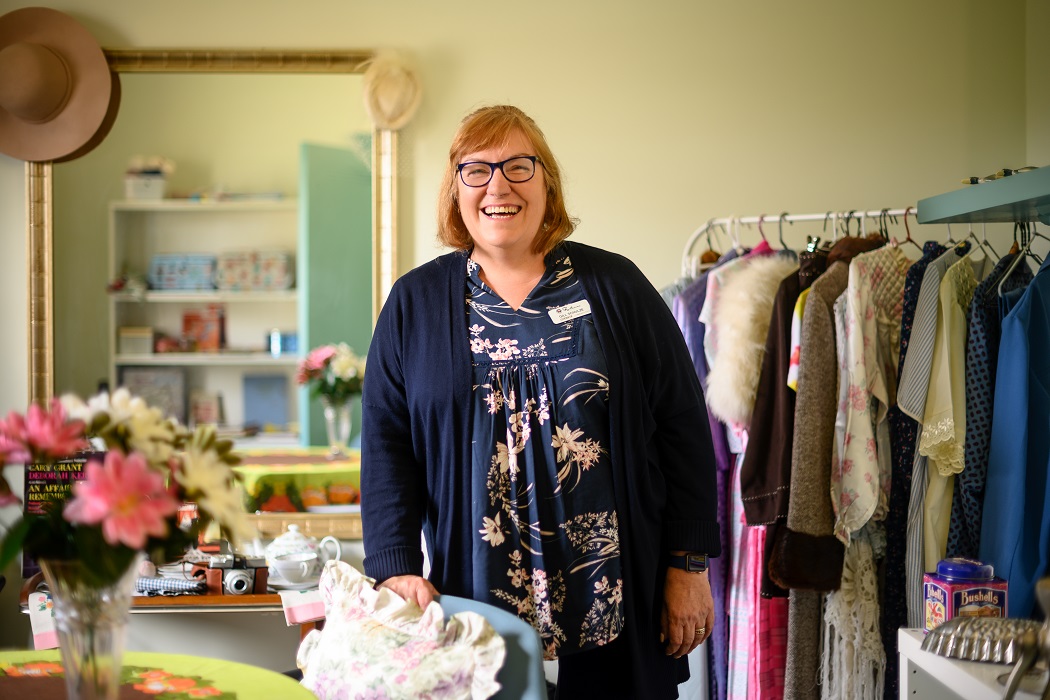
Research at the Caring Futures Institute is helping provide greater support for family carers living with dementia – a condition affecting more than 400,000 Australians.
Leader in aged care, cross cultural care and carers of dementia research, Professor Lily Xiao is steering an Australian adaptation of the World Health Organisation’s iSupport for Dementia online learning program.
The online platform will be particularly useful for family carers in rural and remote areas in improving access to dementia education.
One of several key projects of the recently launched Caring Futures Institute, the Australian pilot of iSupport for Dementia includes two initial modules providing thorough information for new carers and interactive learning activities tailored to the user’s own care relationship.
Gillian Schulze of Resthaven Community Services has worked in the industry for 25 years and is a past informal carer of an elderly neighbour with dementia.
She is among thousands of Australian carers recognised and celebrated as part of National Carer’s Week (October 13-19).
Carers make an enormous contribution to communities and the national economy. According to Carers Australia, if all carers decided to stop performing their caring role, it would cost the country $60.3 billion per year to replace the support – that’s more than $1 billion per week.
Gillian was well placed to provide input and trial the Australian iSupport for Dementia program led by Professor Xiao, and says it can help answer common questions from carers that arise at any time.
“Sometimes it’s in the middle of the night when the questions come to you and you wonder how quickly everything will change,” Gillian says. “On the particularly bad nights doubt enters your mind and you wonder ‘Can I do this?’
“The iSupport for Dementia topics are fantastic for someone who is just starting the journey as a carer. It makes a lot of difference knowing what’s going to happen, how relationships are going to change, and having useful tips to deal along the way.”
Seventy-five per cent of people living with dementia in Australia are looked after by informal carers – their husbands or wives, children, friends or neighbours.
Caring for someone with the condition is intimate and complex – and is often intertwined with grief and loss, anxiety about the unknown and a deeply personal sense of responsibility.
Professor Xiao’s invaluable tool for supporting carers, the Australian adaptation of iSupport, is evolving with further funding being sought to adapt four more modules for the Australian version, co-designed with input from users, practitioners and industry partners.
An important part of the platform is the icare support group, where carers can communicate with each other, learn and share from others’ practical experiences and be a part of a community where their challenges are understood.
“We’re helping the carers to understand how to care for themselves as well,” says Professor Xiao.
“We know many of these carers are elderly themselves, often husband and wives. They also need support and care.”

